







2024 AgroInsurance International Conference will take place on June 3-5, 2024 in Belgrade, Serbia, at the Hyatt Regency Hotel. Planet Labs (USA) and GAF AG (Germany) are sponsors of our conference. Agremo (Serbia) has been confirmed as the Organization Partner. More partners and sponsors to be announced in March 2024.

More than three weeks after the Cumbre Vieja volcano erupted, the lava that continues to flow from its interior continues to devastate everything in its path, destroying houses, infrastructure, and banana plantations. The production of Platanos de Canarias is the economic engine of the island, accounting for 50% of its GDP and 30% of the jobs on the island.
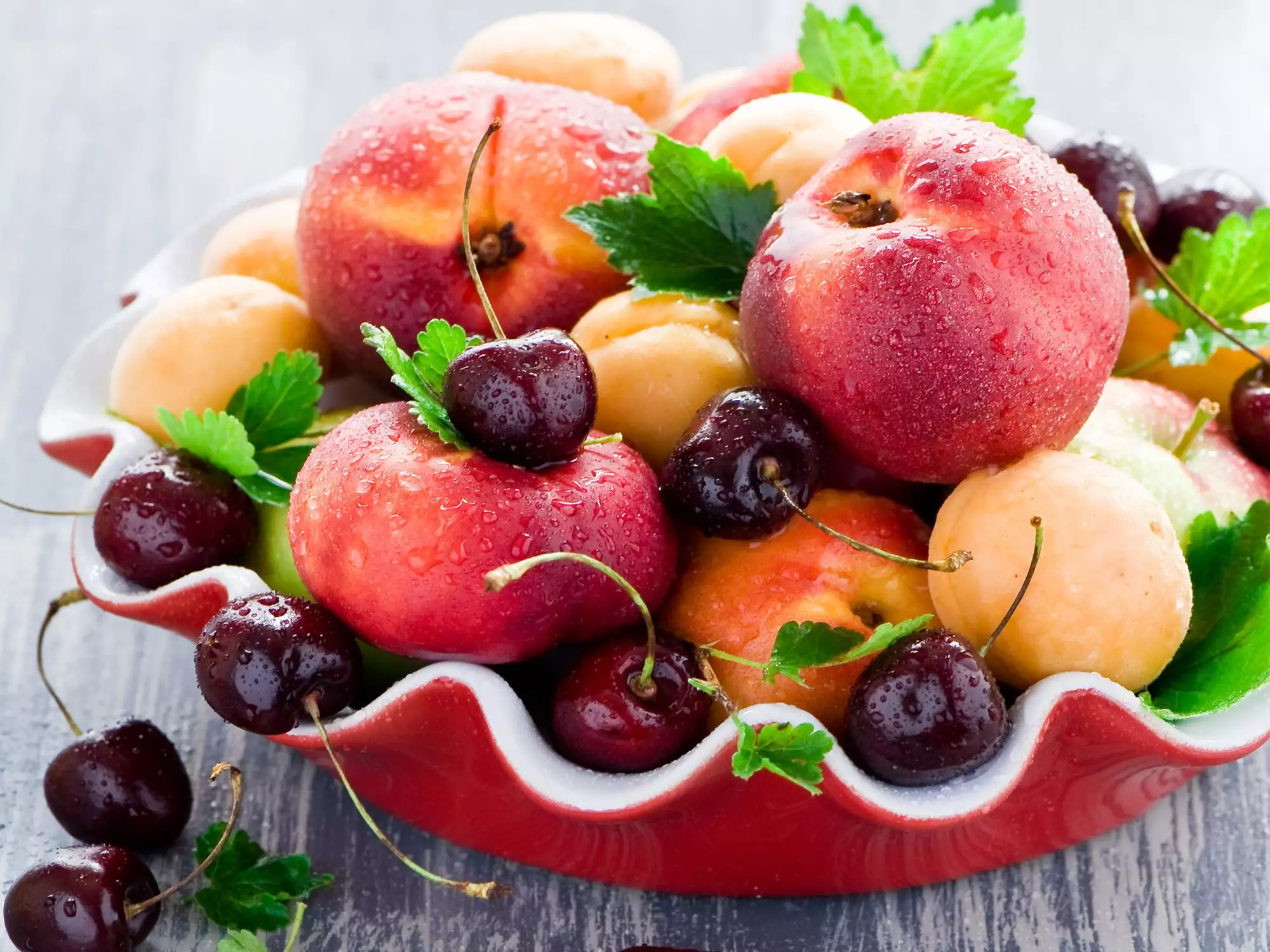
The tropical fruit sector's adaptation to climate change involves enhancing natural resource management, utilizing current climate forecasts, employing sustainable technologies, and promoting collaboration.
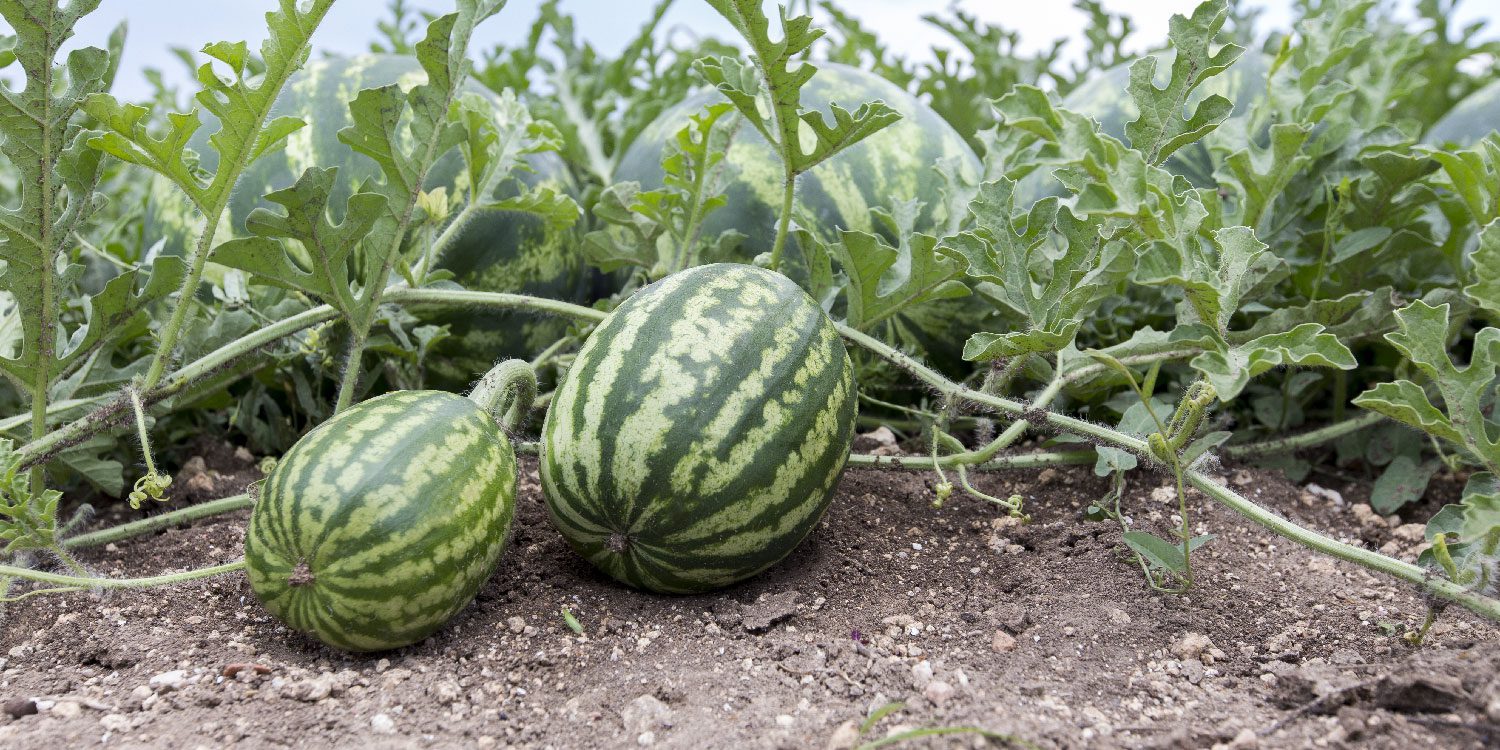
Weather conditions have significantly delayed the watermelon campaign this year. "It was still very cold until week 17, with temperatures around 0 degrees. Accordingly, we haven't really started with watermelons yet," reports Sevki Özdemir, Co-Managing Director of EK Service Ltd, based in Duisburg.
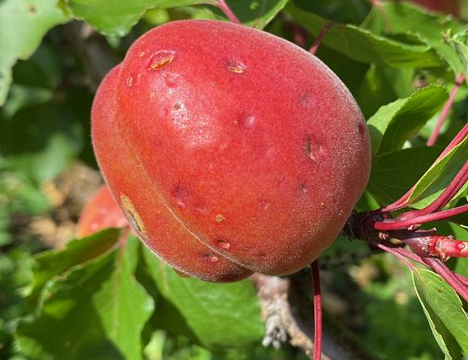
On April 22, a heavy hailstorm took a significant toll on stone fruit crops right when the campaign was starting in various areas of the Spanish Region of Murcia. A few days after the event, the Council of Water, Agriculture, Livestock and Fisheries estimated that over 580 hectares of apricots and around 200 hectares of peaches have been damaged.
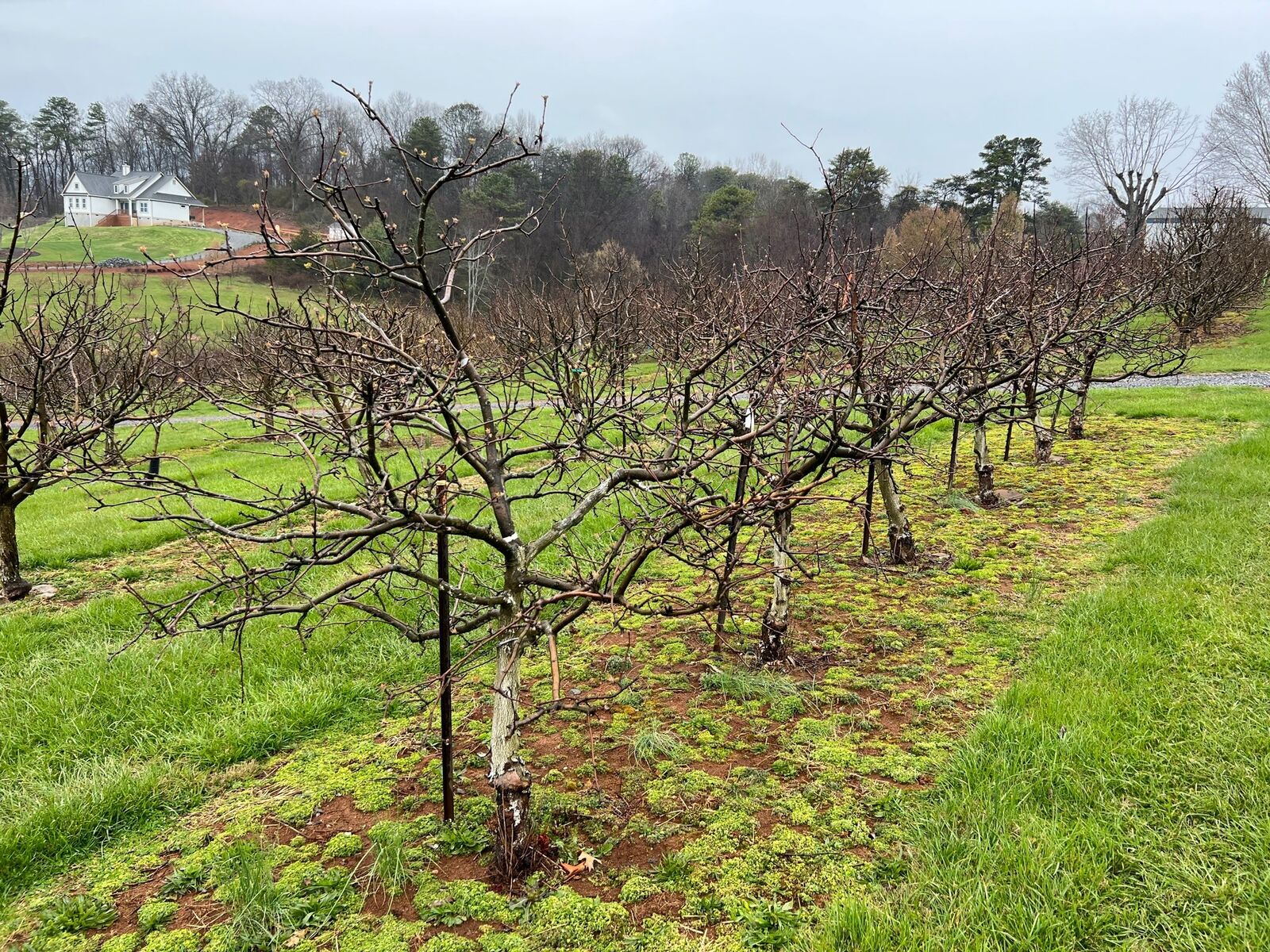
After the sub-zero temperatures at the end of April, Saxony's fruit and wine growers are facing huge harvest losses. A decision on support for the farms is to be made in the coming weeks.
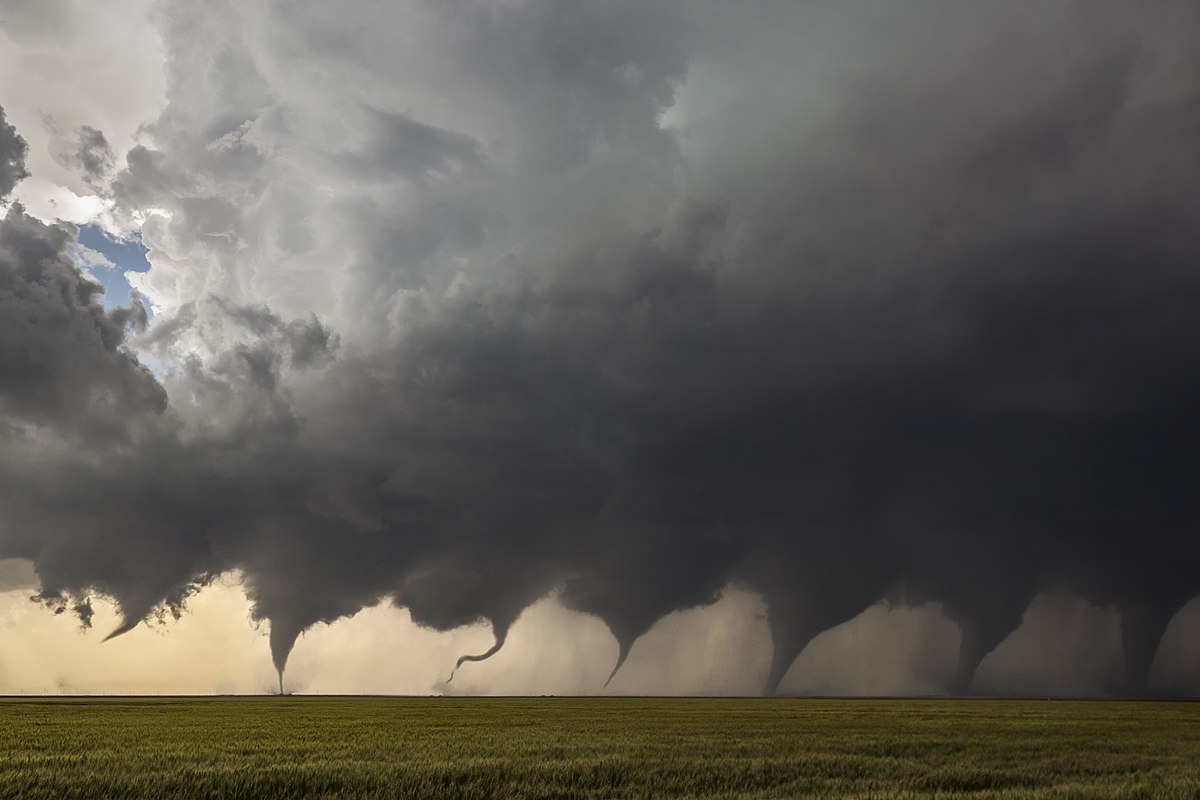
Agricultural operations in Oklahoma have been significantly impacted by recent tornadoes. The U.S. Department of Agriculture has technical and financial assistance available to help farmers and livestock producers recover from these adverse weather events.
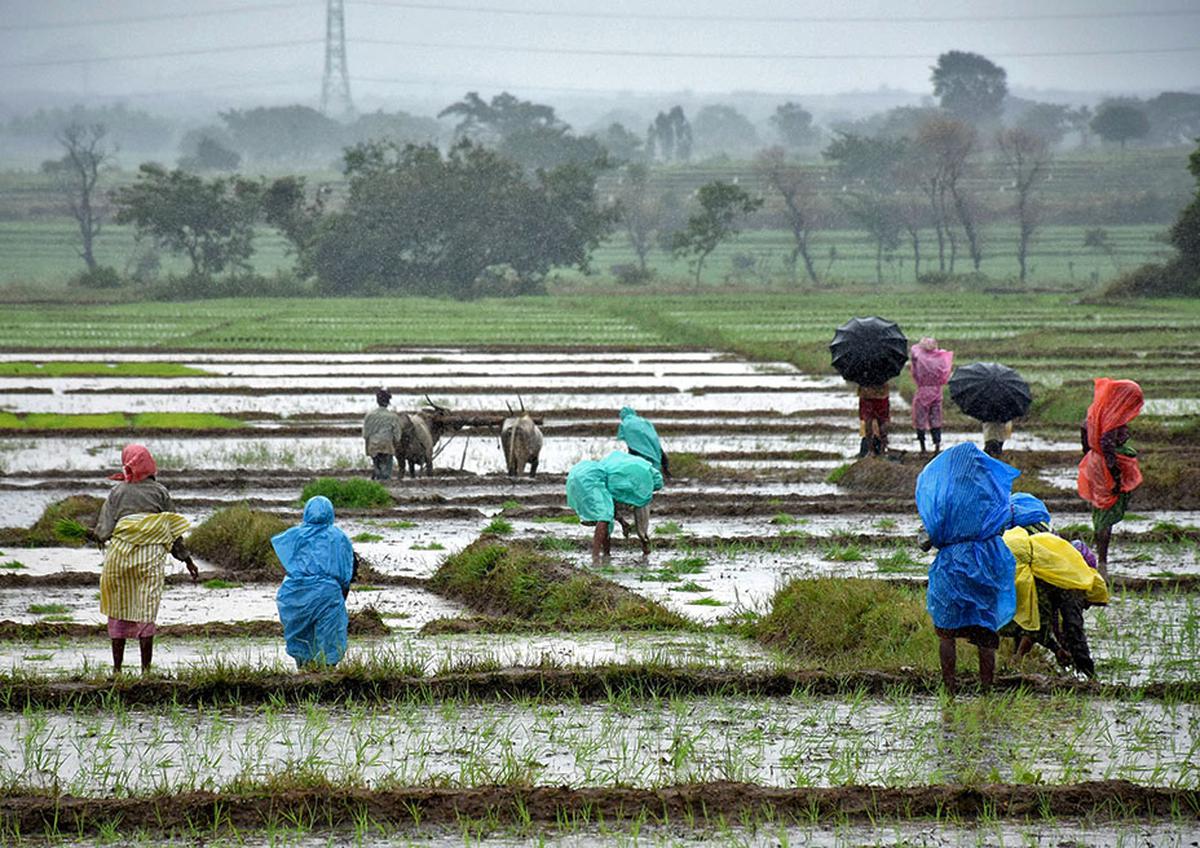
The sudden downpour that lashed many parts of the State including Hyderabad on Tuesday evening wreaked havoc claiming lives of at least 10 people and causing crop damage to thousands of acres.
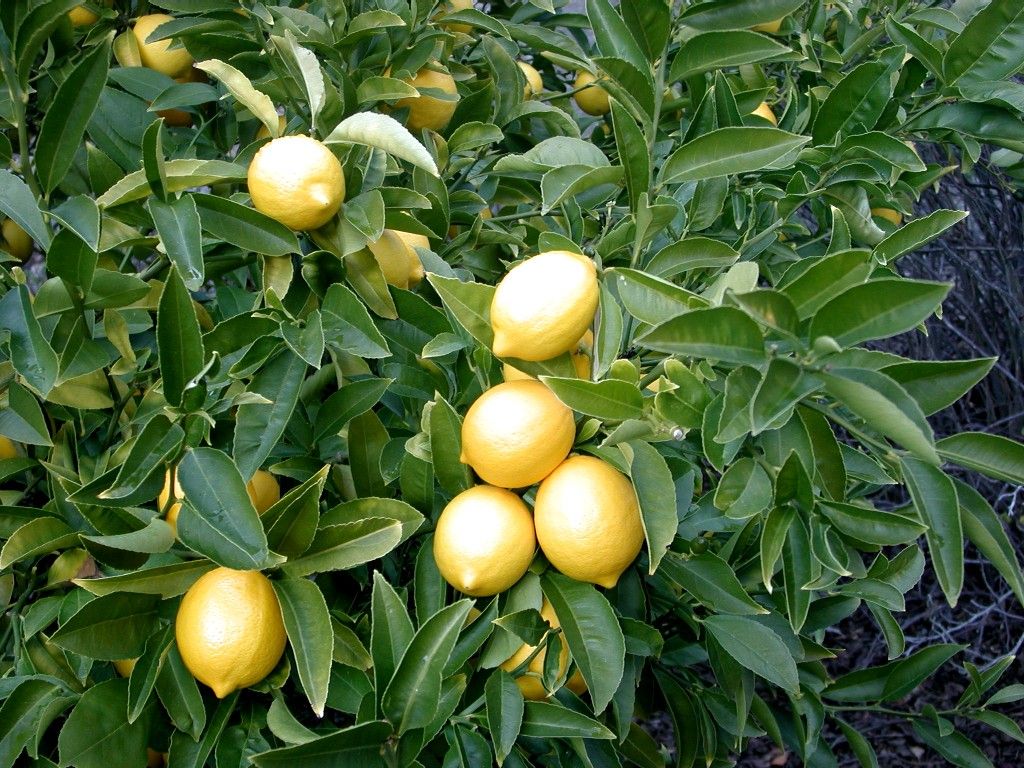
"Based on the data at hand, Sicily's current lemon campaign is the worst of the last few years. It was an annus horribilis. This is due to several factors," says Carmelo Micale, president of the OP Consorzio APAM in Torrenova (ME).
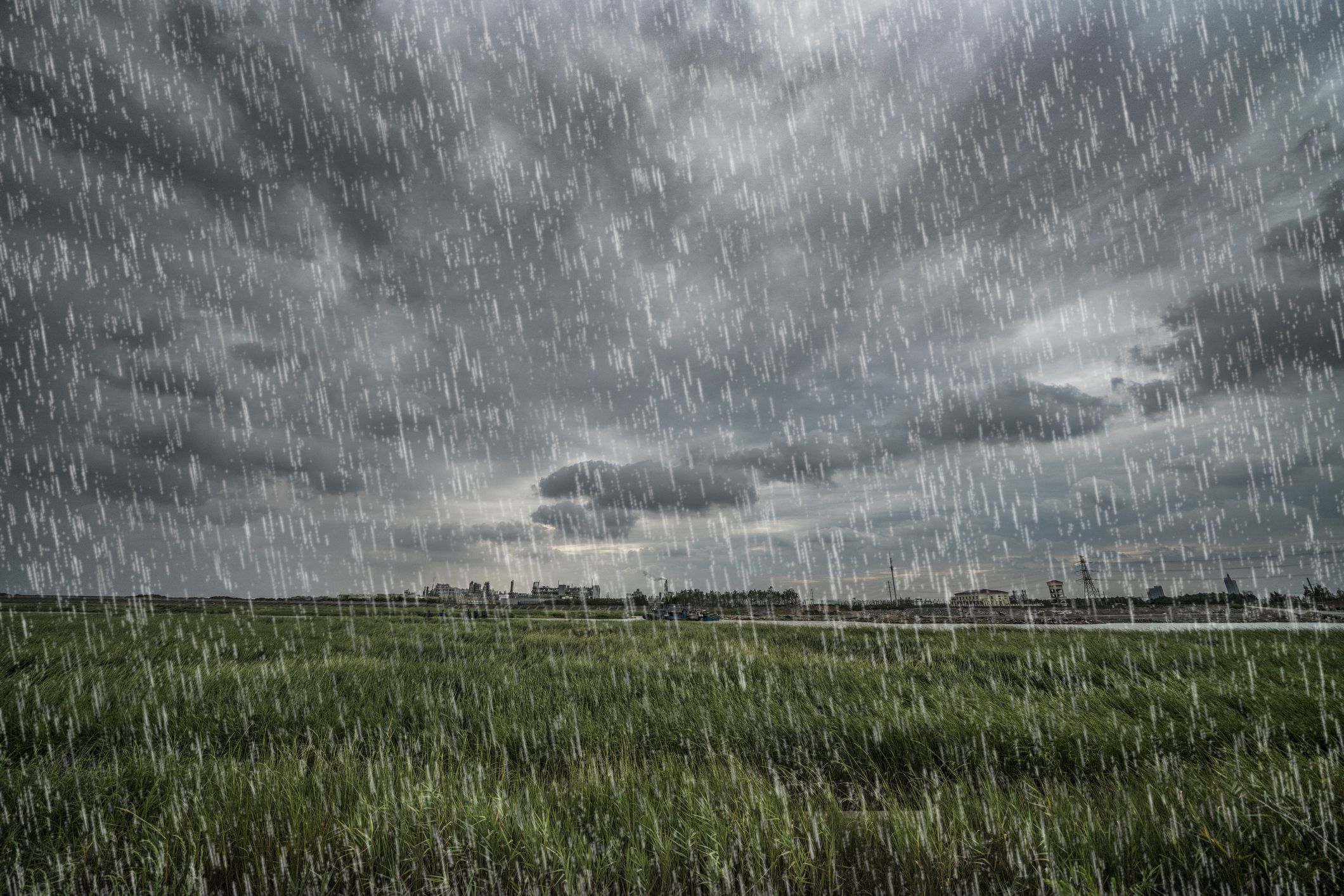
The East African region is encountering a potential food shortage following extreme weather conditions, characterized by excessive rainfall and floods. These conditions have led to fatalities, injuries, destruction of infrastructure, and significant damage to agricultural lands in areas crucial for food production.